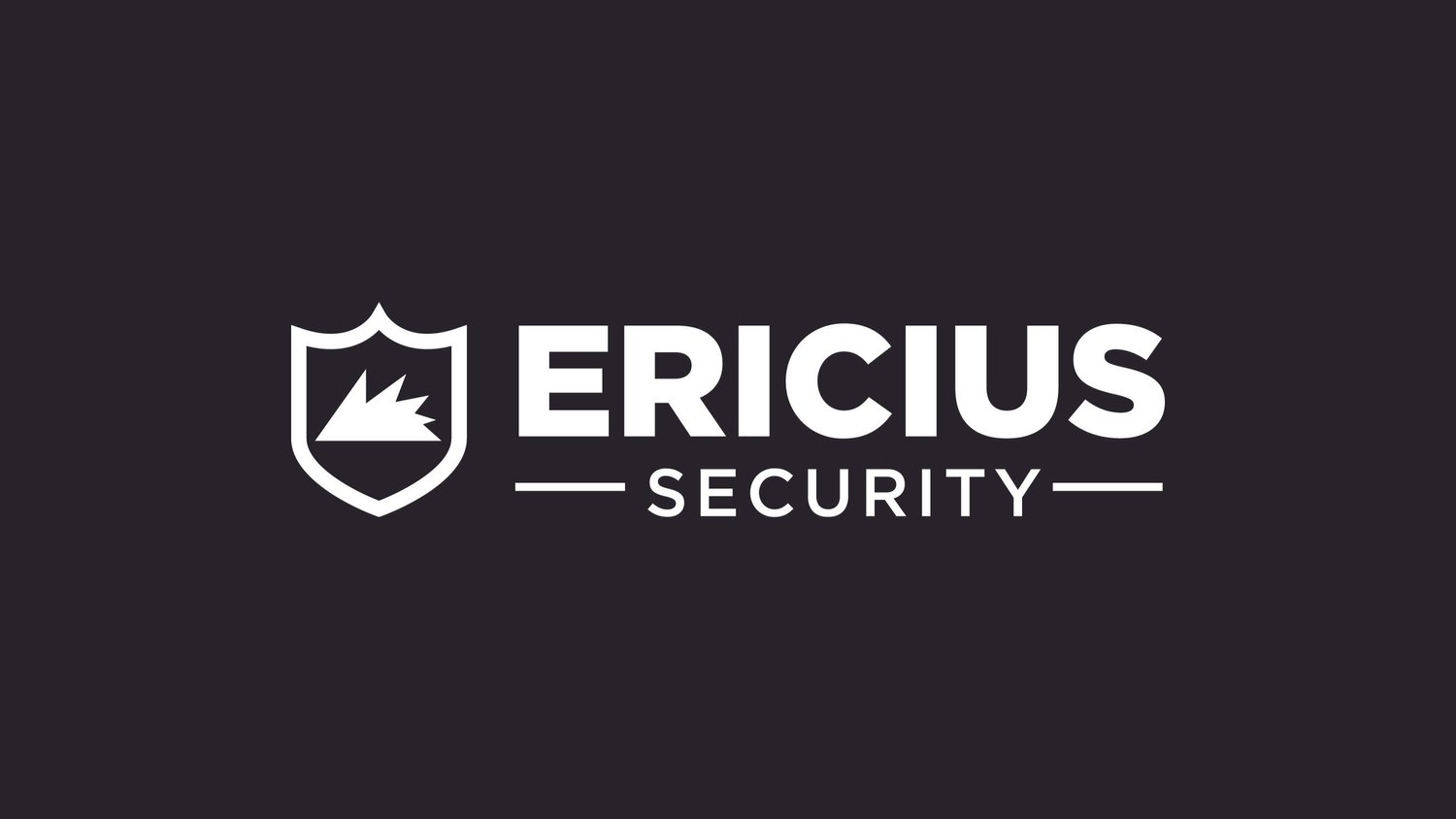Cybersecurity Top 5
If you can only do 5 things to reinforce your personal cybersecurity and protect yourself online, do these five:
- Apply MFA
- Use strong unique passwords
- Use anti-malware
- Enable auto-updates
- Use secure backups
Remember, anything that increases the cost for the bad guy is generally good for you.
1. MFA
Put multi-factor authentication on every account. It is a severe hinderance to phishing an unauthorized access attempts.
One-time passcodes and push notification are generally great. Hardware keys are best, but inconvenient. Avoid SMS if possible, but use it if it's what you have.
2. Use strong, unique passwords.
Use a unique, 20+ character password with letters, numbers, and special characters for all accounts.
Use a password manager to create and store these passwords. Make a master password for your manager by selecting 5 random words and adding some special characters and numbers to it.
3. Use anti-malware (anti-virus)
Put anti-malware software on your laptop and keep it up to date.
Let it auto-update and auto-scan your device, and let it block the download, install, and execution of suspected malware.
4. Automatic Updates
Enable auto-updates for your operating systems and for all software installed on your devices.
Automatic updates will help ensure that when vital security patches come out, your devices receive them and lessen how vulnerable they are.
5. Backups
Backup your data to the cloud using a backup tool that allows for version control. OneDrive and Google Drive (by their own admission) are not backup tools--they are for sharing, collaboration, and high availability.
Backups on your local network, your computer, or an external hard drive can still be destroyed by ransomware. Using a cloud backup solution will ensure you have a safe-backup in case of emergencies.
